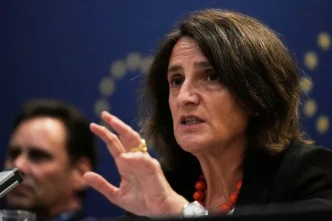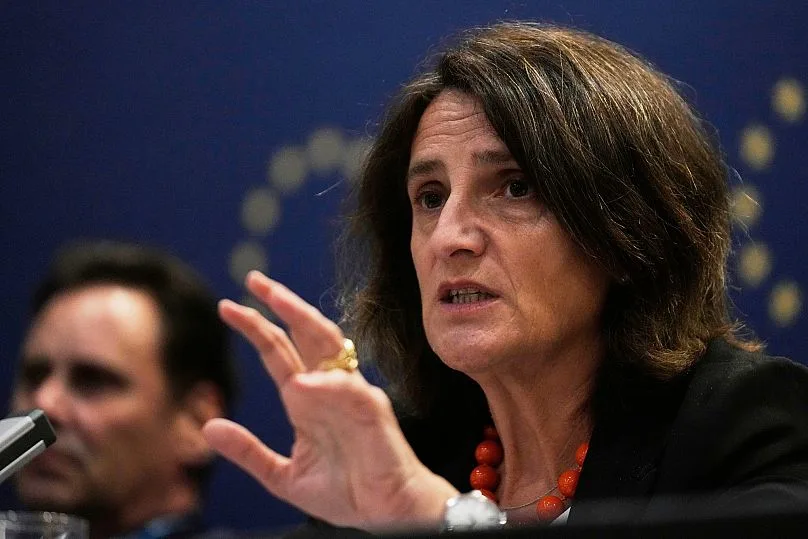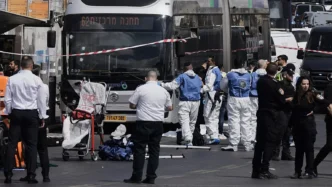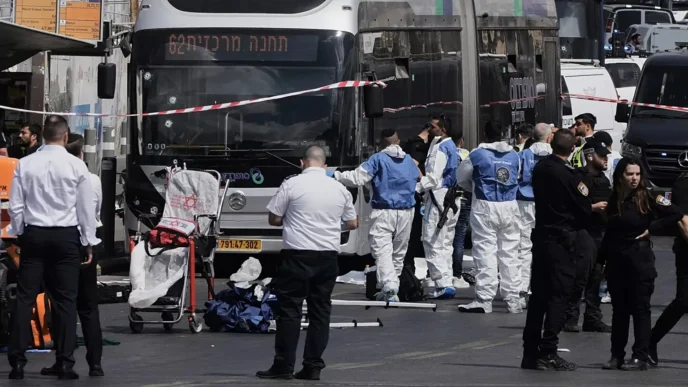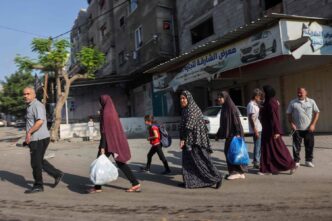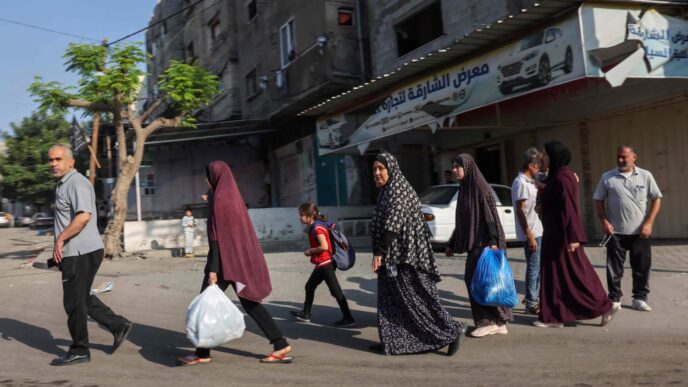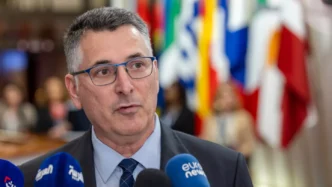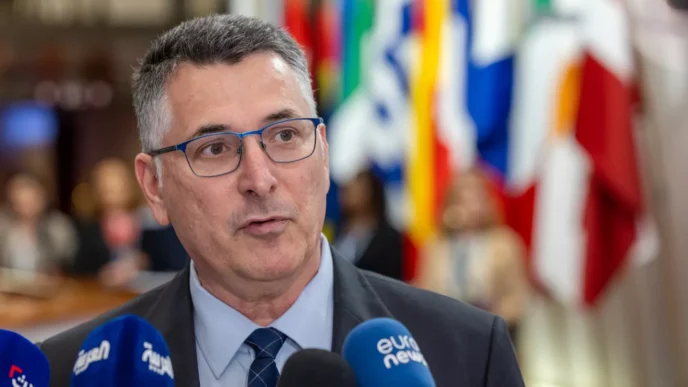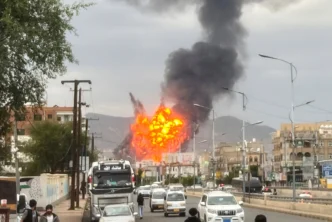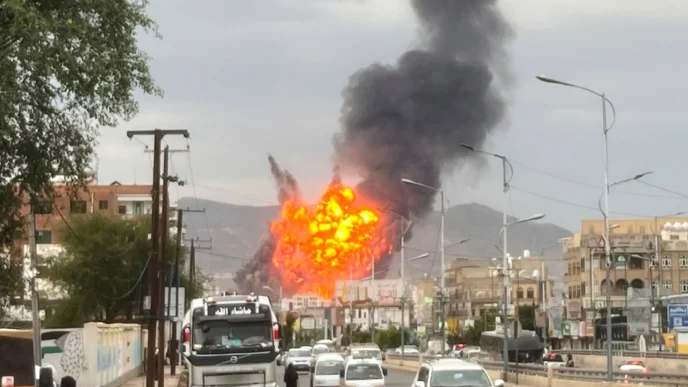The European Union has formally distanced itself from remarks made by Spain’s Ecological Transition Minister, Teresa Ribera, who described Israeli actions in Gaza as “genocide.” The EU’s clarification comes amid heightened tensions in the Middle East and growing scrutiny over diplomatic language, signaling Brussels’ effort to maintain a unified stance while navigating a highly sensitive geopolitical crisis.
Ribera’s Controversial Remarks
During an international conference on human rights, Minister Ribera characterized the ongoing conflict in Gaza as “tantamount to genocide,” drawing immediate attention from media outlets and international observers. Her comments were widely circulated on social media, provoking reactions from governments, NGOs, and diplomats around the world.
Ribera’s critics argue that her choice of words is inflammatory and could undermine diplomatic efforts to de-escalate the conflict. Supporters, however, contend that her remarks reflect deep concern over civilian casualties and humanitarian crises in Gaza.
EU Response
In response to the controversy, a spokesperson for the European External Action Service (EEAS) emphasized that Ribera’s statements do not represent the official position of the European Union.
“The EU remains committed to a balanced approach regarding the Israeli-Palestinian conflict,” the spokesperson said. “We call for immediate humanitarian access, protection of civilians, and a return to dialogue and diplomacy. Individual comments by member state ministers should not be interpreted as EU policy.”
The statement underscores the EU’s delicate balancing act: maintaining credibility in international diplomacy while avoiding internal fragmentation on a divisive issue.
Context of the Gaza Conflict
The Gaza Strip has been the site of recurrent escalations between Israeli forces and Palestinian militant groups. International observers have consistently expressed concern about civilian casualties, infrastructure damage, and access to essential services. The situation has prompted calls for ceasefires and humanitarian corridors from the United Nations, human rights organizations, and several governments.
However, applying terms like “genocide” carries specific legal and diplomatic implications. Under international law, genocide refers to acts committed with the intent to destroy, in whole or in part, a national, ethnic, racial, or religious group. Experts caution that such terminology can inflame tensions and complicate peace efforts.
Diplomatic Repercussions
Ribera’s comments sparked immediate reactions from Israel, which condemned the characterization as “unfounded and politically motivated.” Several EU member states also signaled discomfort with the language, reflecting internal divisions over how to address the Israeli-Palestinian conflict.
Diplomatic analysts note that the EU must carefully calibrate its statements to avoid alienating key partners while asserting its commitment to human rights and international law. The bloc’s unified messaging is crucial for maintaining influence in international negotiations and humanitarian initiatives.
Balancing Humanitarian Concern and Diplomacy
The EU’s distancing highlights the tension between expressing concern over human suffering and adhering to diplomatic norms. While the bloc consistently emphasizes the protection of civilians and adherence to international humanitarian law, it avoids labeling actions by state actors with legally charged terms unless formal investigations or UN determinations support such claims.
This approach reflects a broader strategy: safeguarding humanitarian principles while preserving channels for mediation, dialogue, and negotiation in conflict zones.
Conclusion
The controversy surrounding Minister Ribera’s remarks illustrates the challenges faced by the EU in navigating global crises. While individual statements can draw international attention, Brussels’ official position remains cautious, measured, and focused on diplomacy.
As the Gaza conflict continues, the EU’s role will likely emphasize humanitarian access, conflict resolution, and maintaining a unified voice among member states, even amid diverse political opinions within its ranks.


